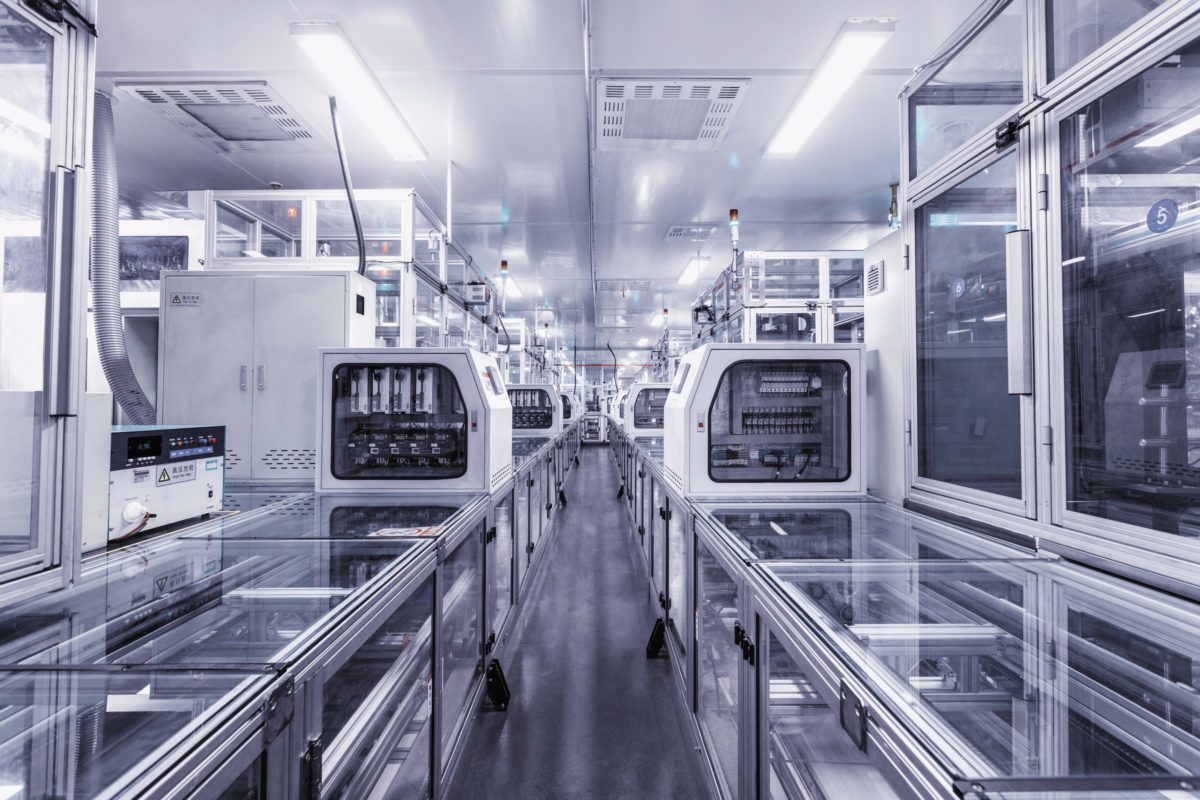The union budget 2019-20 provides key incentives in a bid to make India a global hub for R&D and the manufacture of advanced energy storage and electric vehicles (EVs) by 2022.
Significantly, stimulating EV uptake is a priority for the government as the country battles severe air pollution. EVs make up only a meager 0.06% of new vehicle sales, compared to around 2% in China and up to 39% in Norway, according to the Ministry of Finance’s 2019 Economic Survey.
The new budget places a clear focus on energy storage and EVs, according to India Energy Storage Alliance (IESA) president Rahul Walawalkar, who also emphasized the need to bring e-waste management under the highly successful national cleanliness drive the Swachh Bharat Mission. There should be a particular focus on lithium-ion battery recycling, said Walawalkar.
Electric vehicles
The budget announced a reduction in goods and services tax (GST) from 12% to 5% for EV purchases plus an income tax deduction of up to Rs2.5 lakh related to the interest paid on EV loans.
Welcoming the move, Dr Walawalkar said: “Customs duty exemption on EV components such as e-drives and onboard chargers will further help reduce the cost of EVs on road. At the same time, the phased manufacturing plan announced by the Department of Heavy Industries will incentivize manufacturers to invest in domestic localization of EVs over next three years.”
Under the second phase of the Faster Adoption and Manufacturing of (Hybrid) and Electric Vehicles (FAME II) scheme, an allocation of Rs10,000 crore as incentives for the purchase of EVs will reduce their upfront cost. The scheme will support 10 lakh electric two-wheelers, 5 lakh electric three-wheelers, 55,000 four-wheelers and 7,000 buses.
Storage
The government’s decision to prioritize heavy investment for sunrise and advanced technologies will facilitate the setting up of large scale manufacturing plants for lithium-ion batteries and solar chargers, according to the IESA president.
“We expect that setting up of these giga factories will also help us in expanding the market for stationary energy storage projects for supporting renewable integration and reducing usage of diesel for backup power generation,” said Walawalkar.
Addressing key raw material supply issues, the government reduced custom duties on cobalt mattes – a key ingredient for advanced lithium-ion batteries – from 5% to 2.5%.
However, in addition to lithium ion batteries, IESA urged “the government to expand the incentives to other advanced energy storage technologies including thermal storage, flow batteries, metal air batteries, fuel cells, super capacitors and mechanical storage technologies such as gravity storage”.
The Ministry of Finance’s recent 2019 Economic Survey report stressed the need for the development of battery technologies that could function efficiently in the high temperatures of India.
Walawalkar added, the new announcement about Section 35-AD of the Income Tax Act – which provides investment-linked income tax exemption – could help in developing the infrastructure for energy storage technologies in India.
This content is protected by copyright and may not be reused. If you want to cooperate with us and would like to reuse some of our content, please contact: editors@pv-magazine.com.









1 comment
By submitting this form you agree to pv magazine using your data for the purposes of publishing your comment.
Your personal data will only be disclosed or otherwise transmitted to third parties for the purposes of spam filtering or if this is necessary for technical maintenance of the website. Any other transfer to third parties will not take place unless this is justified on the basis of applicable data protection regulations or if pv magazine is legally obliged to do so.
You may revoke this consent at any time with effect for the future, in which case your personal data will be deleted immediately. Otherwise, your data will be deleted if pv magazine has processed your request or the purpose of data storage is fulfilled.
Further information on data privacy can be found in our Data Protection Policy.